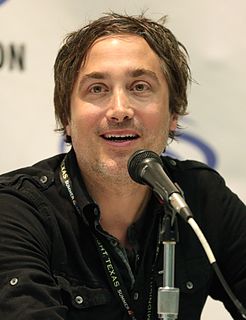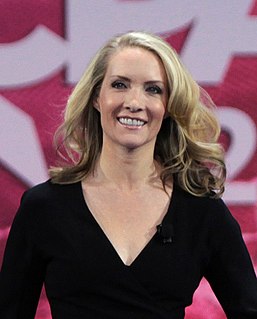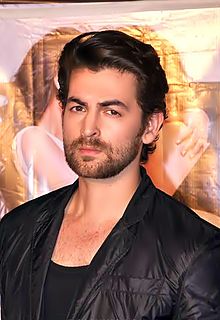A Quote by Nicolas Cage
With the advent of this kind of TMZ culture, it sadly seems to have infiltrated the vanguard of film commentary. I see these reviews sometimes where I think, well, you have a right to say whatever you want about my work, and I will listen whether it's good or bad and see if there's something that I might work with, but personal issues don't have a place in film commentary.
Related Quotes
There is something that might be called cinematic beauty. It can only be expressed in a film, and it must be present for that film to be a moving work. When it is very well expressed, one experiences a particularly deep emotion while watching that film. I believe that it is this quality that draws people to come and see a film, and that it is the hope of attaining this quality that inspires the filmmaker to make his film in the first place.
I will see 100 or 200 and I will take my time with them and I audition them for the two main roles. If I like what I see, but they're not exactly right for the role, I'll think well I have this other role that might work for them. Sometimes I will write a role for them because I want to work with them because they're so good.
I'd love to work on something that gets some type of critical respect. This business is sometimes so brutal - you work on something for months and really feel like the project is good and you're doing the best work you can, and then it just gets hammered by critics. It's such a bummer sometimes, because everything seems to build up to the release and a couple of bad reviews can make it seem like it was all a waste, which you know it wasn't.
I want to use film to tell stories that need to be told to spark discussions that will lead to change. I really want to see a change in the mindset of youth, how they see themselves and how they value life. Young audiences will be able to see themselves in this film and older audiences will gain an understanding of what their kids are dealing with on a daily basis. Kids discuss what they see on TV, social media, film so I want to create content that they will discuss and will change the way they think.




































